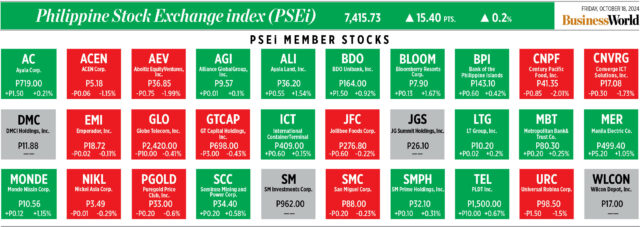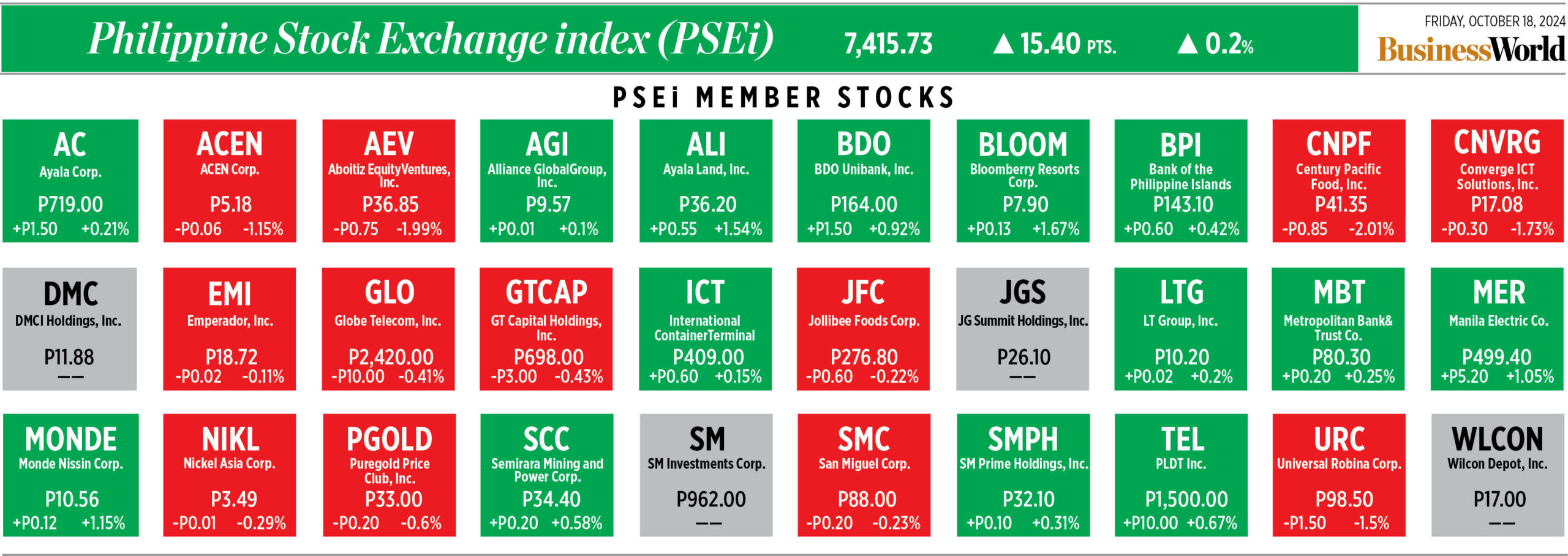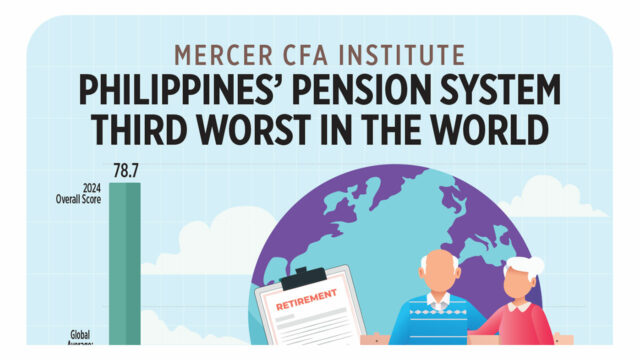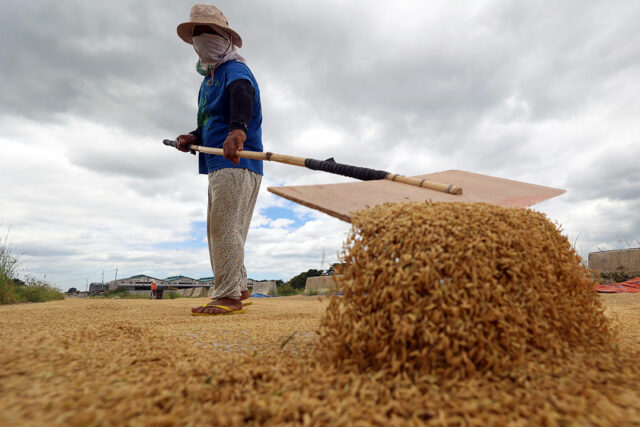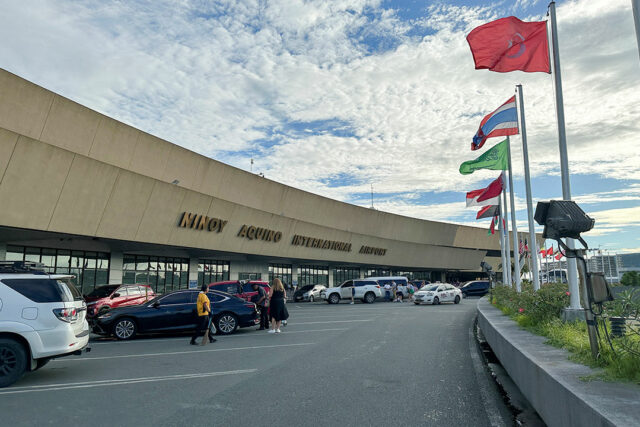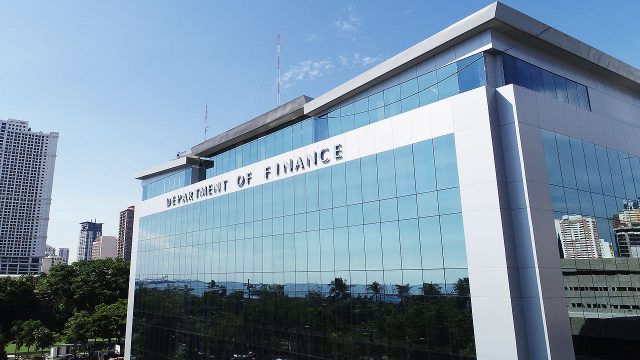THE Bureau of Internal Revenue (BIR) said it will likely miss its P326.2-billion excise tax collection goal this year due to declining demand for tobacco products.
“The trend in tobacco consumption has been declining in the last 10 years. Tobacco excise is more than 40% of our excise tax take,” BIR Assistant Commissioner Jethro M. Sabariaga told BusinessWorld via Viber.
“You don’t see a lot of people smoking cigarettes these days. Even visually, you can confirm the shift in market demand,” Mr. Sabariaga said, noting that the collection growth in other excisable articles will not be enough to offset the decline in tobacco excise.
Excise taxes are imposed on the production, sale or consumption of a commodity. These include tobacco, alcohol, and non-essential goods.
Mr. Sabariaga noted that the public’s shift to vape products, an alternative to tobacco, has also been affecting the bureau’s excise tax take.
A single vape product is equal to one cigarette pack in excise taxes, but vape products often take longer to consume, he said.
“So, a cigarette smoker shifting to vape, who usually consumes 10 to 15 packs of cigarettes a month, will probably just buy one vape product for the month, or worse, one for two months,” Mr. Sabariaga said.
In a forum last month, BIR Commissioner Romeo D. Lumagui noted challenges in collecting excise taxes this year due to the ongoing trade of illicit products, especially tobacco.
The BIR lost around P7.2 billion in potential revenue from seized tobacco and vape products in the first half of 2024, he said earlier.
Congress has also yet to pass revenue generating measures that would help increase excise tax collections, Mr. Sabariaga said, citing the proposed taxes on single-use plastics, junk food, as well as the mining fiscal regime.
The Department of Finance has taken the position of not supporting new taxes while overhauling tax administration.
The BIR collected P194.93 billion in excise taxes in the eight months to August, down 3.08% from a year earlier.
This was also 37.73% below the P313.06-billion target for the first eight months.
Excise taxes collected in the first eight months accounted for around 59% of the full-year goal.
At the end of August, tobacco products generated P84.42 billion, accounting for 43.31% of the excise total.
This was followed by alcohol products with P74.32 billion, sweetened beverages P25.8 billion, mineral products P6.08 billion, and automobiles P4.05 billion.
The government also generated P164.82 million from non-essential goods, P88.04 million from petroleum products, and P12.54 million from cosmetic procedures.
In August, excise tax collections rose 4.88% year on year to P27.74 billion. This was well below the BIR’s P41.79-billion target for the month.
During the month, the government collected excise taxes amounting to P12.92 billion from tobacco products, or 46.57% of August collections.
Alcohol products generated P10.58 billion, followed by sweetened beverages with P3.15 billion.
Other excise taxes collected in August were generated by mineral products (P535.85 million), automobiles (P534.67 million), non-essentials (P16.59 million), petroleum (P2.98 million), and cosmetic procedures (P1.65 million).
In the first eight months, tax revenue collected by the BIR rose 12.55% to P1.92 trillion, representing 62.82% of the P3.055-trillion goal for the year. — Beatriz Marie D. Cruz


